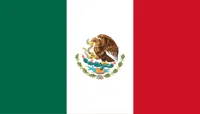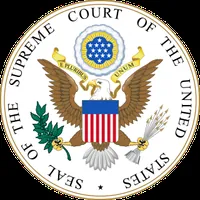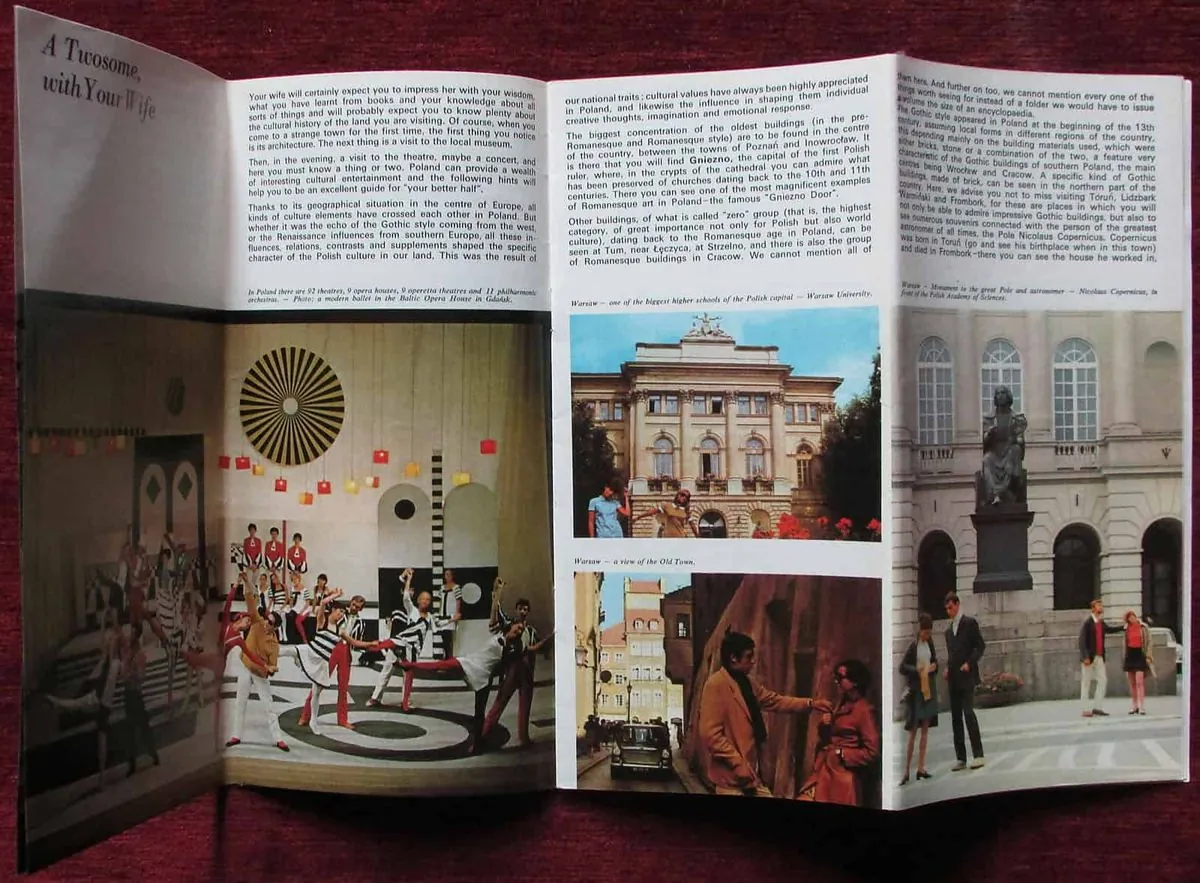Lawsuit Challenges U.S. State Department's $60 Expedited Passport Fee
A class action lawsuit filed in California alleges the U.S. State Department has overcharged millions for expedited passport processing. The $60 fee for fast-track service is being challenged as unjustified.
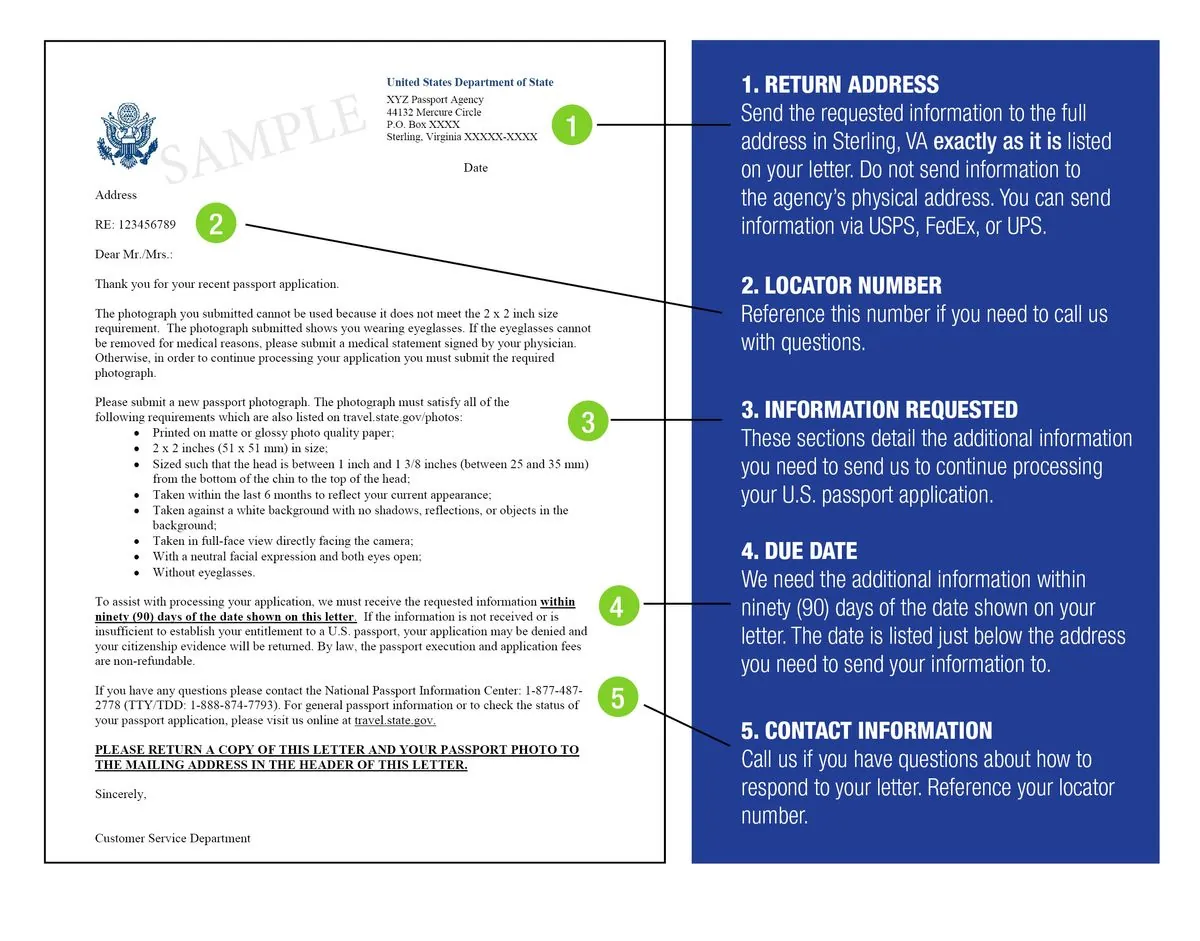
A recent legal action has brought attention to the U.S. State Department's practices regarding passport processing fees. On October 7, 2024, an Oakland resident initiated a class action lawsuit in a California federal court, alleging that the department has excessively charged Americans for expedited passport services over the past two decades.
The lawsuit challenges the $60 fee imposed for fast-track passport processing, which promises a two-to-three-week turnaround compared to the standard four-to-six-week processing time. This fee is in addition to the base cost of $100 or more for new passports or renewals.
The history of expedited passport processing fees dates back to 1994 when the State Department first introduced charges for this service. In 2002, the fee was increased from $35 to $60, where it has remained since. Prior to 1994, expedited processing was provided at no extra cost for applicants demonstrating urgent travel needs.
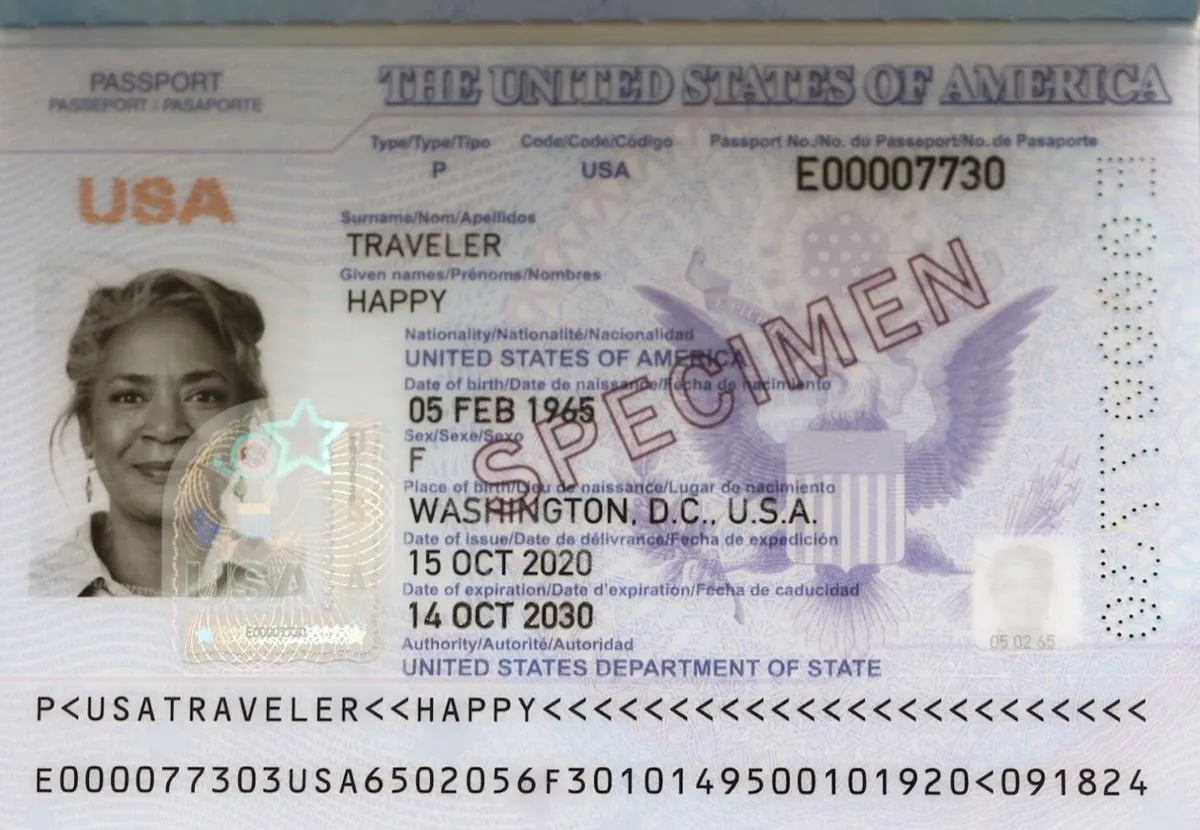
The legal basis for these fees stems from federal law, which permits the State Department to charge for expedited processing to cover service costs. However, the plaintiff argues that the $60 fee is unreasonable and lacks sufficient justification.
"The State Department has never provided a sufficient justification for setting the expedited passport processing fee at $60."
This lawsuit comes at a time when passport issuance has seen significant growth. According to State Department statistics, the number of U.S. passports issued annually rose from 13.5 million in 2013 to over 24 million in 2022. This increase reflects the growing importance of passports in international travel and identification.
It's worth noting that the U.S. passport system has undergone numerous changes since its inception. The first U.S. passports were issued in 1775 during the American Revolution, but they were not required for international travel until 1941. Technological advancements have also shaped passport evolution, with machine-readable passports introduced in 1981 and e-passports with embedded chips in 2006.
The current U.S. passport, redesigned in 2021 to enhance security features, contains 28 pages, with 17 pages available for visa stamps. It ranks 6th in global passport power, reflecting its strong international recognition. Adult passports are valid for 10 years, while those for minors are valid for 5 years.
The State Department manages over 7,400 passport acceptance facilities nationwide, processing approximately 20 million passports annually. Emergency passports can be issued at U.S. embassies and consulates abroad for urgent travel needs.
As this legal challenge unfolds, it may prompt a reevaluation of passport processing fees and procedures. The outcome could potentially affect millions of Americans who rely on expedited services for urgent travel needs.
The case, Bourque v. United States (No. 3:24-cv-06994), is currently before the U.S. District Court for the Northern District of California. Geoffrey Graber, Madelyn Petersen, Charles Reichmann, and Mariel LaSasso represent the plaintiff, while the defendant has not yet made an appearance.
This lawsuit highlights the ongoing debate about government service fees and the balance between cost recovery and public accessibility. As international travel continues to grow in importance, the resolution of this case may have far-reaching implications for U.S. passport holders and the State Department's fee structure.



















